|
In brief.... After reviewing film screenplay-maestro and Wide Angle mentor Robert Watson's notes and telephone conversations, I am staying positive. It's true Robert sent me a TikTok of him burning my first draft scene breakdown out in his backyard, and not pissing on it to put it out, but I can see ways to keep this project standing! I simply need to rewrite it so the characters are interesting, clear and there's a point to every scene - and that the point of the scene is magnificently and instantly obvious to any reader / viewer - all while ensuring the first impressions of my characters are largely on the positive end of the intrigue spectrum. Plus remember to include character arcs for all three characters so they actually go somewhere like real humans rather than stumble through my narrative like Thunderbirds puppets. Simple. In fact I've already started work on the rewrite. Robert did give me the option of just writing the dialogue script rather than laboriously trying to get the scene breakdown to the point where he wasn't inclined to compost it or feed it to his goat - in part because, thanks to me, his goat is getting quite chubby - but no, I'm a martyr for painful learning experiences, which, thanks to an IQ well to the left of the Bell Curve, is a slower process for me than normal people. So, as soon as I've finished my week's work, it's back into the fray, and hope the dogs aren't too upset by the hoarse sobbing noises coming from my workstation every now and then.
Slainte!
0 Comments
So, at this point in the simple task of turning a novel into a feature script, I'm like... The goal of writing an entire feature script in 3 months? So, here's the situation I find myself in. I know my novel backwards. I know my characters, their arcs, and the narrative arc like I know exactly how much alcohol we have left in the house. It's a good, solid, simple story. I'm a third the way through a scene breakdown, identifying the critical events or actions that propel character development or push story. But... When asked to write a logline for the feature script - a sentence, two at most, that sums up the core conflict at the heart of the story - I find I have a problem. The thing I think I'm doing is suddenly, bizarrely, unfamiliar. What is my story? Whose story is it? Explain it simply! Say it in a way that intrigues, and also makes it clear what kind of story it is. Sum the core of it up in a sentence. My response? It-it's a story about a protagonist...although there's three of them. Kinda. I mean...uh... Anyway, my protagonist/s is/are faced with an immensely time-critical life and death situation...not just the war itself, obviously, or the fact the main protagonist is probably going to die, and then there's the whole being-pursued-by-enemy-soldiers aspect... Wait, I'll start again. There's a formula for this, by the way. Protagonist + antagonist + life and death stakes. Simple. Yet, I'm finding myself chest-deep in quicksand trying to summarise the core of the story. I try out some loglines: "Three young men, behind enemy lines, find the road to peace." (Like they find the crossroads and there's a sign with a skull and crossbones pointing left and a smiley face pointing right.) "Every war is a crime, every soldier a criminal." (Yes, that's stolen from Hemingway, and, also yes, it doesn't say anything about my story.) "No one gets the war they signed up for, especially Tassie Eddie." (At least we've got some clues here - some guy called Eddie goes to war and surprise, surprise, the whole King-and-Country thing turns out to be a crock.) "A wounded young Tasmanian soldier, behind enemy lines in Timor, has three days to cross two mountain ranges to reach the last rescue ship. He didn't plan on a needy orphaned kid, or an enemy soldier, helping him get there." (Well that sure af ain't going to fit on the movie poster.) But, and here's the crucial bit - it gets way worse than not being able to write a movie logline. I'm disappearing down a rabbit hole because the feature script I'm trying to build is looking a lot like... But why am I suddenly losing confidence in what, in novel form at least, is a strong, layered, engaging story? I know a feature script is a very different creature, but how can I suggest people see a 'war movie' if I not only don't think it's a war movie, but I wouldn't go out of my way to watch it if it was? I'm not 'into' war stories per se, and I even get tetchy when my long-suffering mentor, Robert Watson, calls it an 'anti-war' movie. For one, almost every contemporary war movie is an 'anti-war' movie, and for another, I have no intention of writing one. It's not about 'war is bad, m'kay?' Is every murder-mystery an 'anti-murder' movie? So if it's not a war movie or an anti-war movie, what the hell is it? An action-adventure? A dramedy? Famous Five Go on an Adventure meets Reservoir Dogs? Hey, what if I leaned on a music soundtrack? Apocalypse Now meets Trainspotting! Yes! Now we're talking...I'll have musical interludes and they'll shed ironic counterpoint to the action and be funny and poignant and also great music and... ...and suddenly, I'm not just trying to write a logline any more. I'm standing in the rain, wondering about my life, clueless. How do I transform a simple idea that works as a novel, into an even simpler single idea that cuts to the core of all the ideas that went into that novel?
[Photographer: Bruce Davidson / Subject: Jimmy Armstrong - Palisades, NY, 1958] |
Reviews & stuff
Archives
July 2022
Categories
|
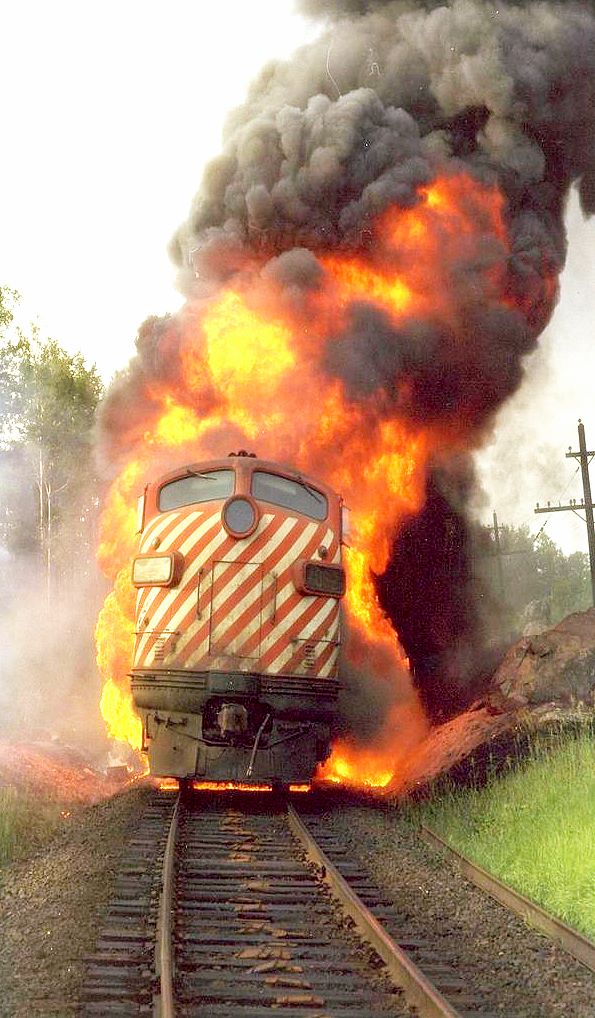

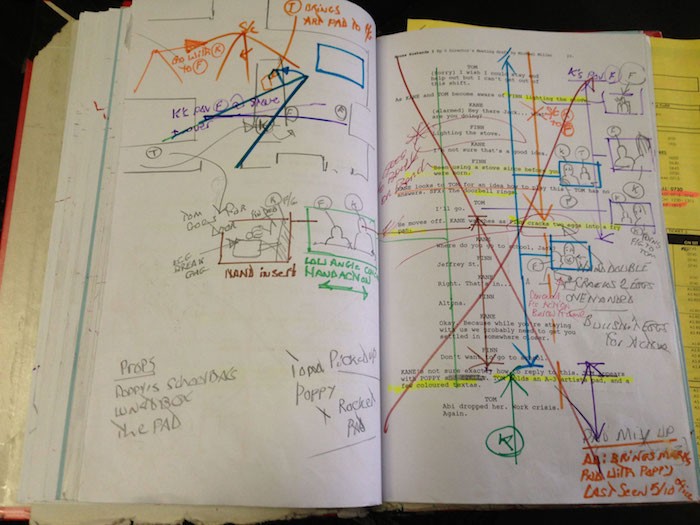
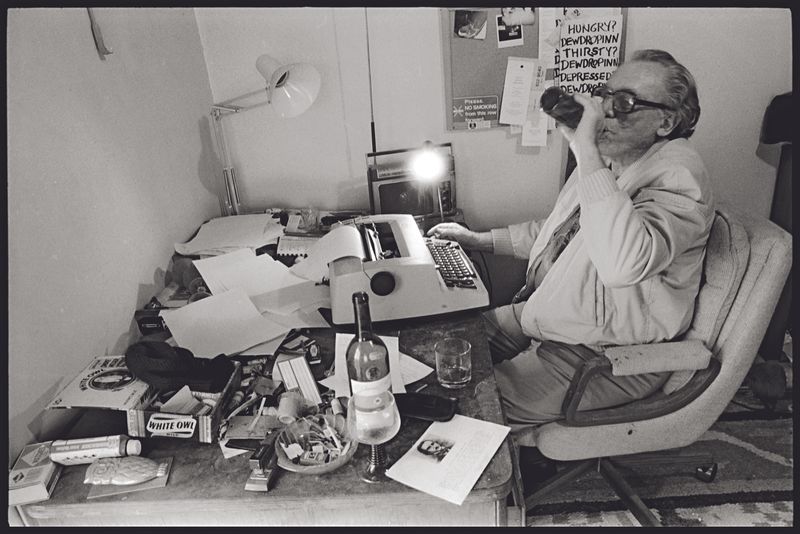

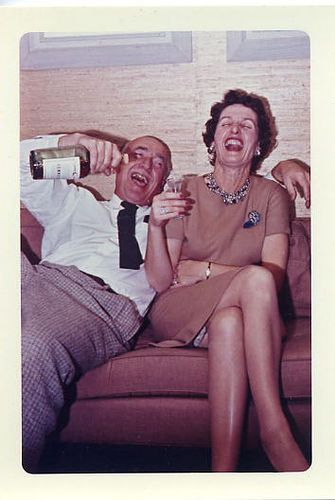
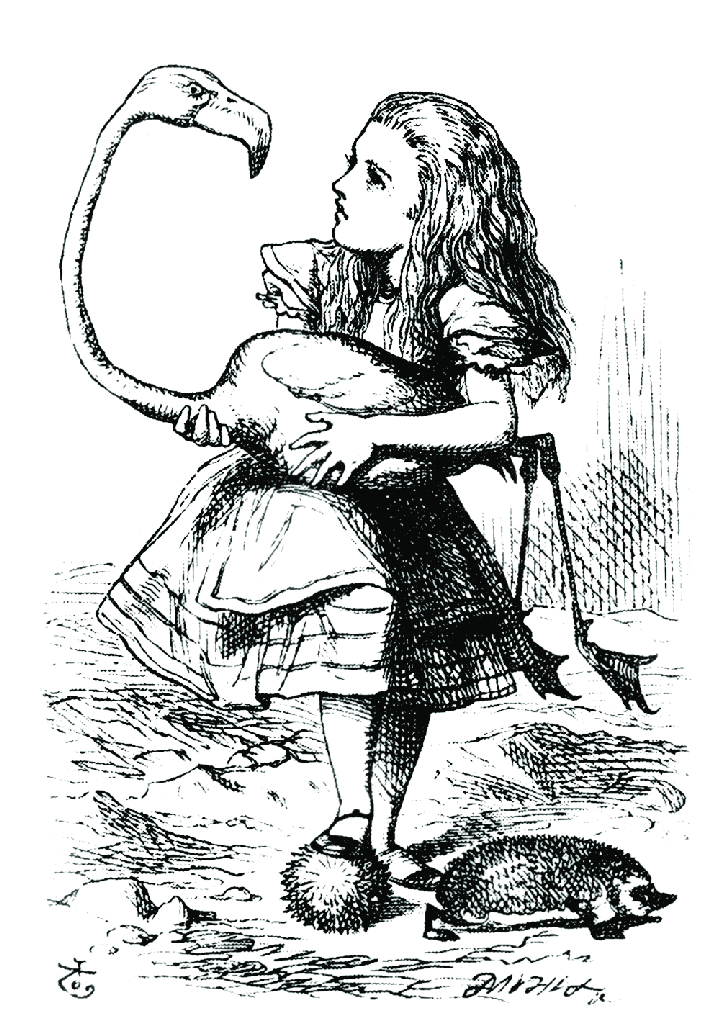

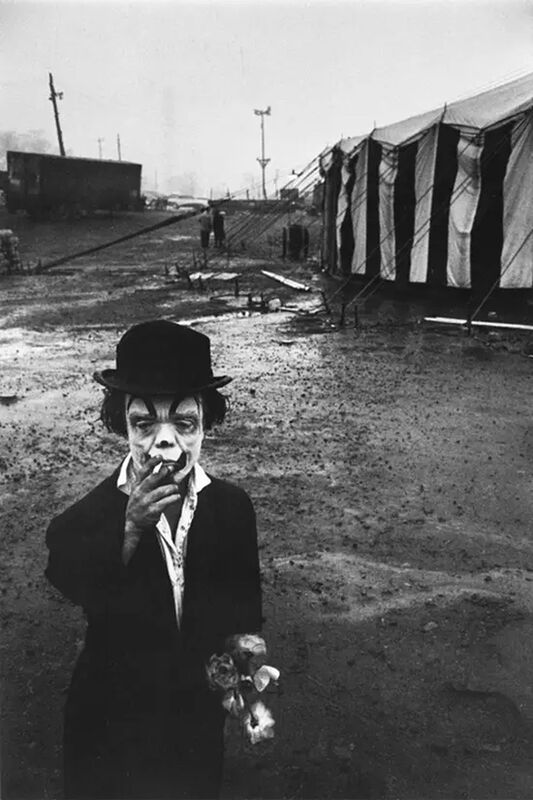
 RSS Feed
RSS Feed
